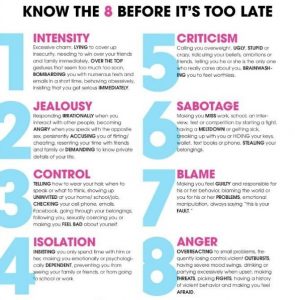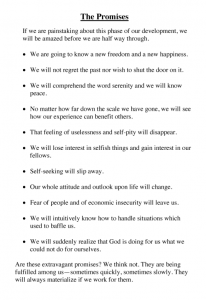Happiness Comes Quietly.
“The trouble with us alcoholics was this: We demand that the world give us happiness and peace of mind in just the particular order we wanted to get it, by the alcohol route. And we are not successful. But when we take time to find out some of the spiritual rules, and familiarize ourselves with them, and put them into practice, then we do get happiness and peace of mind. … There seem to be some rules that we have to follow, but happiness and peace of mind are always here, open and free to anyone.” – DR. BOB AND THE GOOD OLDTIMERS, p. 308.
The simplicity of the A.A. program teaches me that happiness is not something I can “demand.” It comes upon me quietly, while I serve others. In offering my hand to the newcomer or to someone who has relapsed, I find that my own sobriety has been recharged with indescribable gratitude and happiness. – Daily Reflections. © 1990. Alcoholics Anonymous World Services.

You shall eat the fruit of the labor of your hands; you shall be blessed, and it shall be well with you. Psalm 128:2.
Happiness is Fulfillment, this is an overflowing and differs from trying to fill a void. Pastor Michael.
Happiness
NEEDTOBREATHE
I got a homesick heart but a long ways left to go
I’ve been doing my part but I ain’t got much to show
So I’m asking you to show me some forgiveness
It’s all for you in my pursuit of happiness
Chasing that life, moving on cause I had to prove
There ain’t no life worth doing what I did to you
So I’m asking you to show me some forgiveness,
It’s all for you in my pursuit of happiness.








